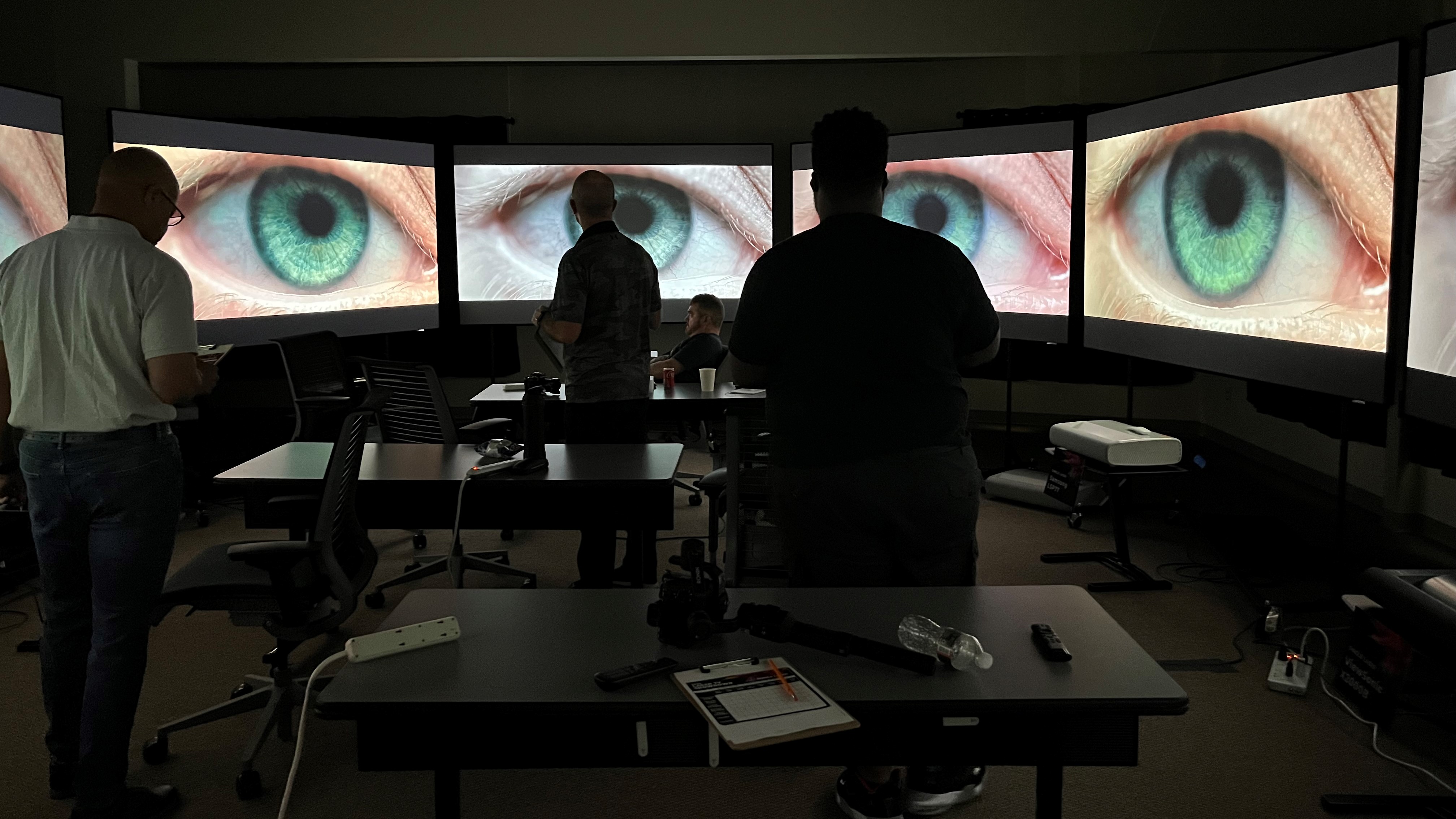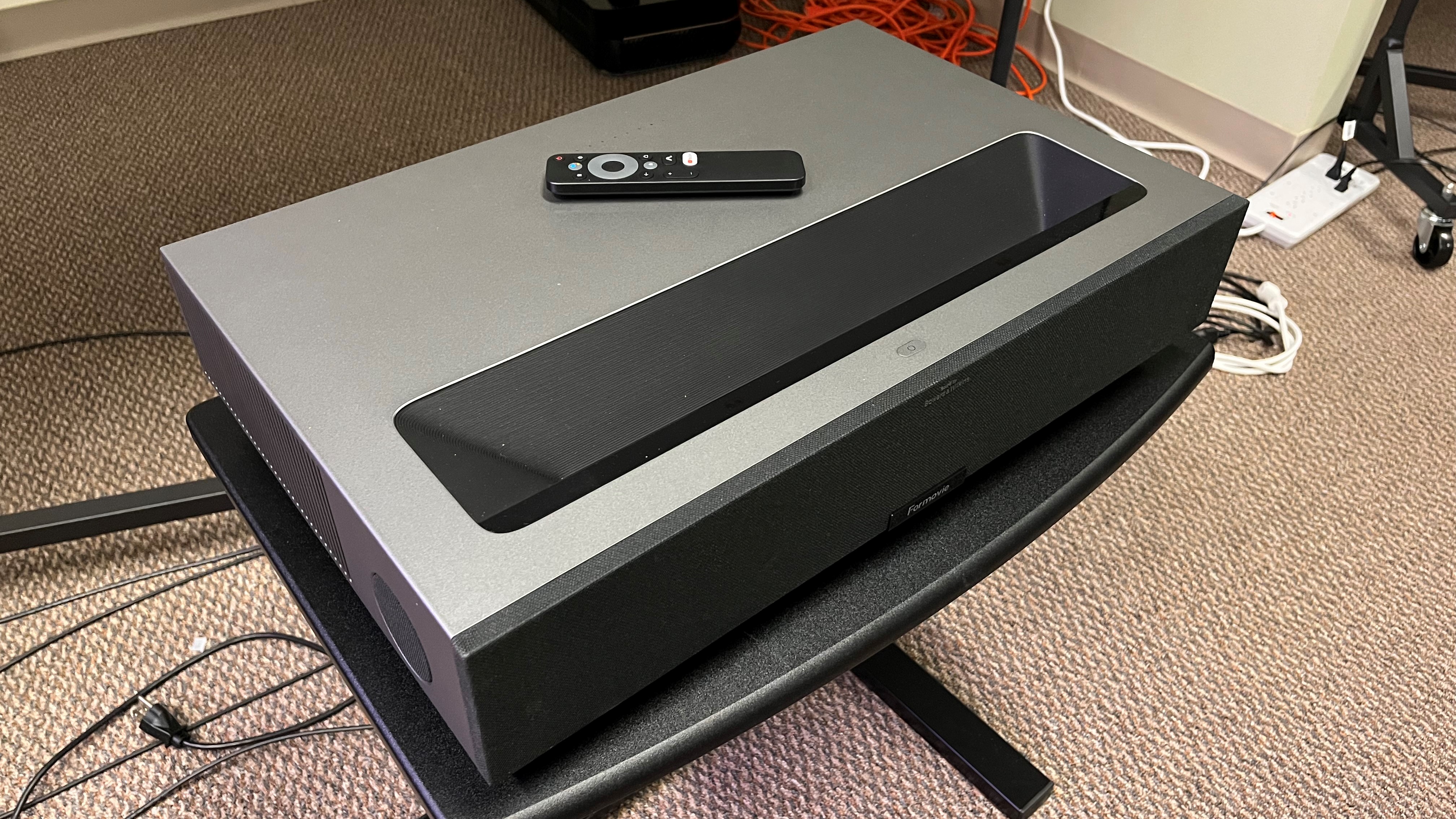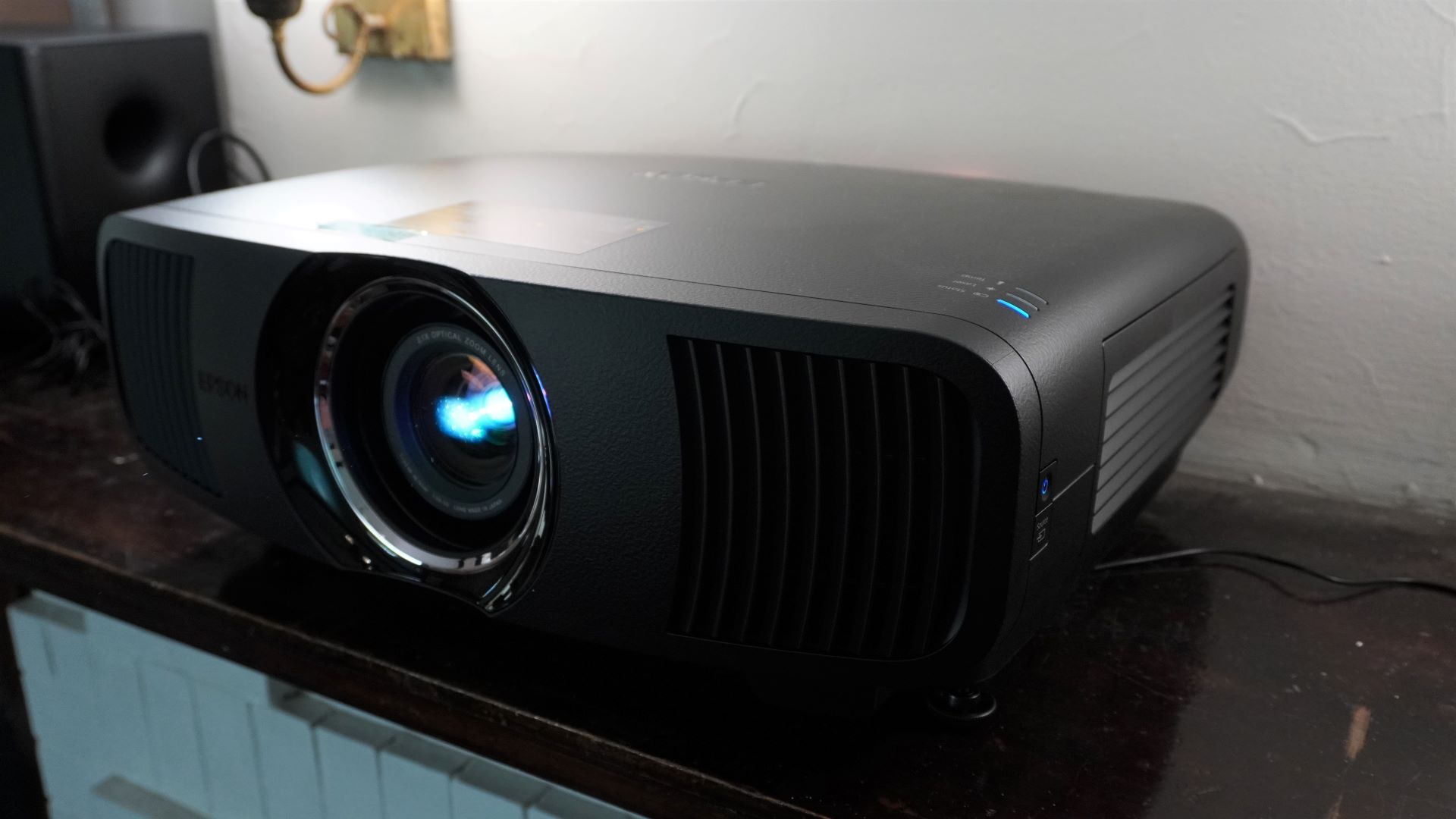Epson can't stop suing other projector manufacturers – here's why
Calling bluff on brightness specs

Dangbei, XGIMI, Anker, Vava – what do these projector brands all have in common? They all have been on the receiving end of lawsuits in recent years by Epson, which is itself a manufacturer of the best 4K projectors.
Now, there’s one more projector brand to add to the Epson lawsuit list: Formovie.
In each of the above cases, the projector maker settled its lawsuit out of court with Epson, with the settlement requiring them to correct the brightness specifications for its products. But what are projector brightness specifications, and why are they such a controversial – and legally actionable – topic?

Lumens vs Lux, LED Lumens, and Brightness
Popular home entertainment projector brands such as Epson, Sony, and JVC use an internationally recognized standard, ISO 21118, to measure white brightness levels in their products. That result is typically specified in lumens, such as the 2,700 lumens that Epson cites for the Epson LS12000, the best option for most people in our best 4K projectors guide.
Not all projector makers use ISO 21118 for brightness specifications; however, By way of example, Amazon is filled with cheap projectors, many of them using non-standard brightness specification terms such as “Lux,” “LED Lumens,” or simply “Brightness.” Some makers even provide a lumens brightness specification without performing standardized testing, and that specification can be staggeringly high – 9,500 lumens for a cheap projector selling for $57, for instance.
In the case of Formovie, its Formovie Theater 4K ultra short throw projector had a listed brightness specification of 2,800 lumens, and its P1 portable projector had an 800 lumens specification. As part of the lawsuit settlement with Epson, those specifications have been dramatically lowered to 1,800 lumens and 250 lumens for the Theater and P1 projectors, respectively.
Commenting on the settlement, Mike Isgrig, Epson America’s vice president of consumer sales and marketing, said: “When projector brands use the same internationally developed and published standards, it protects consumers and establishes trust within the industry. Formovie’s commitment to use internationally published and accepted standards (such as ISO 21118 for white brightness) moving forward for their entire product line will provide accurate white brightness information for consumers."
Sign up for breaking news, reviews, opinion, top tech deals, and more.

The importance of having standards
Before Formovie found itself in Epson’s crosshairs, Dangbei was forced to lower the brightness spec for its Mars Pro 4K laser projector from 3,200 lumens to 1,800 lumens to settle with Epson. That’s an even more dramatic brightness spec downgrade than the Formovie Theater projector faced, and it makes the low price Dangbei was charging for the Mars Pro 4K (which appears to have since been renamed DBX3 Pro 4K) make more sense in retrospect.
This brings us to the crux of the matter: competition. Brightness is a key – if not the key – specification consumers use to compare projectors, and having that artificially, or in some cases, seemingly randomly inflated gives certain projector makers an unfair advantage.
You can go to Amazon’s website today and find 1080p projectors selling for a mere $169 tagged with a “20000L” specification (indicating 20,000 lumens, which is higher than that provided by projectors used for large venue installations that cost $20,000 and up). Even in the wake of Epson’s lawsuit and subsequent settlement, Amazon’s listing for the Formovie Theater still has “Brightness” at 2,800 (indicating the previously disputed lumens spec), although Formovie’s global website now correctly specs the projector at “1800 ISO Lumens.”
Clearly, despite Epson’s best legal efforts, it’s an ongoing case of “buyer beware” when it comes to projector brightness specifications. That Amazon Formovie Theater listing might be an oversight, but the many other misrepresentations on Amazon demonstrate that it’s still the Wild West when it comes to projector brightness specifications.
Epson has so far settled lawsuits with eight projector brands and counting, but its lawyers still have their work cut out for them.
You might also like

Al Griffin has been writing about and reviewing A/V tech since the days LaserDiscs roamed the earth, and was previously the editor of Sound & Vision magazine.
When not reviewing the latest and greatest gear or watching movies at home, he can usually be found out and about on a bike.